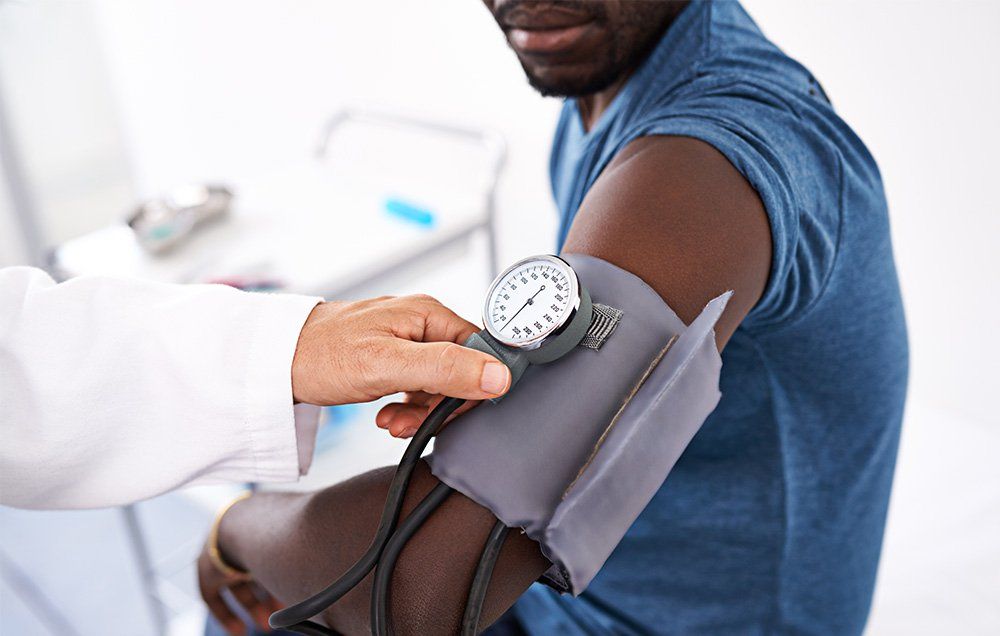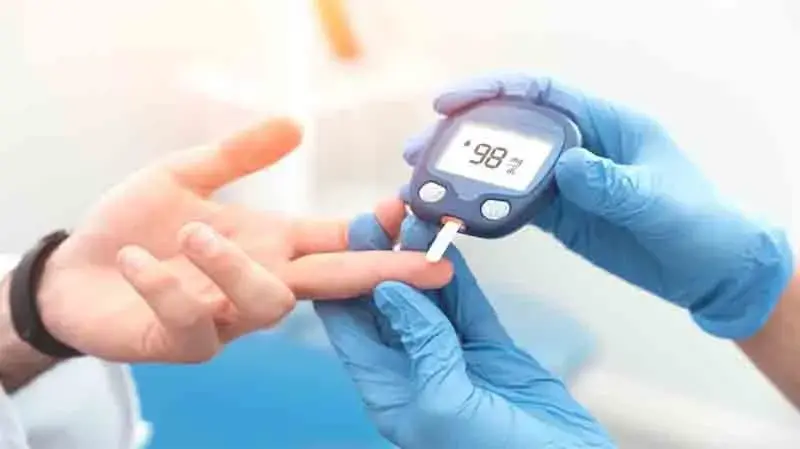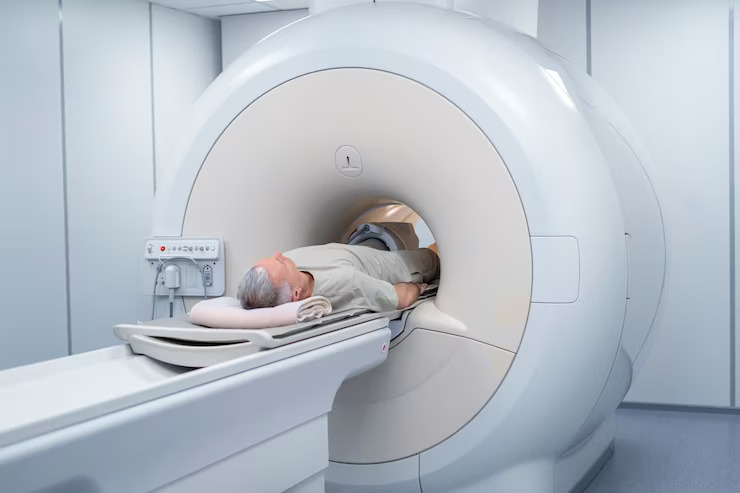Men’s health often takes a backseat to busy careers, family responsibilities, and the misconception that regular checkups are unnecessary unless something feels wrong. However, preventive health screenings are one of the most powerful tools men have to detect potential health issues early when they’re most treatable and manageable. Statistics reveal that men are significantly more likely than women to skip routine medical care, leading to later diagnoses of serious conditions like heart disease, diabetes, and cancer.
The reality is that many serious health conditions develop silently, showing no symptoms until they’ve progressed significantly. Regular screenings can catch these issues in their earliest stages, dramatically improving treatment outcomes and quality of life. From blood pressure checks in your twenties to colonoscopies in your fifties, each screening serves a specific purpose in maintaining optimal health throughout your lifetime.
This comprehensive guide will walk you through the essential health screenings every man should prioritize, organized by age groups and risk factors. We’ll cover what each test involves, why it’s important, and when you should schedule it. Whether you’re a health-conscious twenty-something or approaching your golden years, understanding these screening recommendations will empower you to take control of your health journey. Remember, investing in preventive care today can save you from more serious health complications and expensive treatments down the road.
Blood Pressure Monitoring: The Silent Killer Detector

High blood pressure, often called the “silent killer,” affects nearly half of all American adults and is a leading risk factor for heart disease and stroke. Men should begin regular blood pressure screenings by age 18, with checks every two years if readings are normal (less than 120/80 mmHg). Those with elevated readings or risk factors like family history, obesity, or diabetes should be monitored more frequently.
The screening process is simple and painless, involving a cuff placed around your upper arm that measures the force of blood against artery walls. Elevated blood pressure rarely causes symptoms, making regular monitoring crucial for early detection. If left untreated, hypertension can damage your heart, kidneys, brain, and blood vessels over time.
Cholesterol Testing: Protecting Your Cardiovascular System
Cholesterol screening is vital for assessing your risk of heart disease and stroke. Men should begin cholesterol testing by age 20, with follow-up screenings every four to six years if levels are normal. Those with risk factors such as diabetes, a family history of heart disease, smoking, or obesity may need more frequent testing.
The lipid panel measures total cholesterol, LDL (bad) cholesterol, HDL (good) cholesterol, and triglycerides through a simple blood test. Optimal levels include total cholesterol below 200 mg/dL, LDL below 100 mg/dL, HDL above 40 mg/dL for men, and triglycerides below 150 mg/dL. High cholesterol contributes to plaque buildup in arteries, increasing the risk of heart attack and stroke.
Diabetes Screening: Early Detection for Better Management

Type 2 diabetes affects millions of men worldwide and can lead to serious complications if undiagnosed. Men should begin diabetes screening by age 35, or earlier if they have risk factors like obesity, family history, high blood pressure, or a sedentary lifestyle. The American Diabetes Association recommends screening every three years for those with normal results.
Common screening tests include fasting blood glucose, hemoglobin A1C, and oral glucose tolerance tests. A fasting glucose level of 126 mg/dL or higher, or an A1C of 6.5% or higher, indicates diabetes. Prediabetes, with fasting glucose between 100-125 mg/dL, signals increased risk and the need for lifestyle interventions.
Cancer Screenings: Early Detection Saves Lives
Prostate Cancer Screening
Prostate cancer is the second most common cancer in men. The decision to screen should involve discussion with your healthcare provider, considering individual risk factors. Men at average risk should discuss screening starting at age 50, while those at higher risk (African American men or those with a family history) should begin conversations by age 45.
Screening typically involves a prostate-specific antigen (PSA) blood test and may include a digital rectal exam. While PSA levels can indicate prostate issues, elevated levels don’t always mean cancer, as benign conditions can also raise PSA.
Colorectal Cancer Screening
Colorectal cancer screening should begin at age 45 for men at average risk, with several screening options available. Colonoscopy considered the gold standard, is performed every 10 years and allows for both the detection and removal of precancerous polyps. Alternative options include annual fecal immunochemical tests (FIT) or stool DNA tests every three years.
Men with a family history of colorectal cancer or certain genetic conditions may need earlier or more frequent screening. The procedure can prevent cancer by identifying and removing polyps before they become malignant.
Skin Cancer Screening
Skin cancer, including melanoma, affects men at higher rates than women. Monthly self-examinations and annual professional skin checks are recommended, especially for men with fair skin, multiple moles, family history, or significant sun exposure. Look for changes in existing moles or new growths, following the ABCDE rule: Asymmetry, Border irregularity, Color variation, Diameter larger than a pencil eraser, and Evolving characteristics.
Cardiovascular Health Assessments

Beyond basic blood pressure and cholesterol monitoring, men may benefit from additional cardiovascular assessments based on risk factors. These might include electrocardiograms (EKGs), stress tests, or calcium-scoring CT scans. Men with a family history of early heart disease, diabetes, or multiple risk factors should discuss these options with their healthcare provider.
Mental Health Screenings
Mental health is an integral part of wellness, yet men are less likely to seek help for depression, anxiety, or other mental health conditions. Annual mental health screenings can identify issues early and connect men with appropriate resources. Many primary care providers now include brief mental health assessments during routine visits.
Age-Specific Screening Recommendations
Men in Their 20s and 30s
-
Blood pressure every two years
-
Cholesterol every four to six years
-
Diabetes screening if risk factors are present
-
Testicular self-exams monthly
-
Skin cancer awareness and protection
Men in Their 40s
-
Continue previous screenings
-
Begin discussing prostate cancer screening.
-
Consider stress testing if cardiovascular risk factors are present.
-
Eye exams every two to four years
Men 50 and Older
-
Colorectal cancer screening
-
Annual prostate cancer discussions
-
Bone density testing is performed if risk factors are present.
-
Annual eye exams
-
Hearing tests every three years
Creating Your Screening Schedule
Work with your healthcare provider to develop a personalized screening schedule based on your age, family history, lifestyle factors, and current health status. Keep detailed records of all screening results and share them with new healthcare providers. Consider using health apps or calendars to track upcoming screening dates and results.
Regular health screenings are an investment in your future well-being. By staying proactive about preventive care, you’re taking control of your health and increasing your chances of catching potential issues early when they’re most treatable. Don’t wait for symptoms to appear – schedule your screenings today and make your health a priority for years to come.

